Keywords: Victory
There are more than 200 results, only the first 200 are displayed here.
-
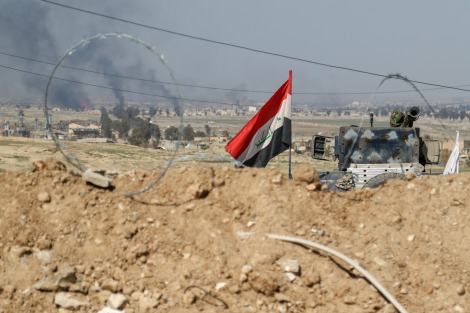
INTERNATIONAL
- William Gourlay
- 14 July 2017
2 Comments
With ongoing celebrations in Baghdad and scenes of devastation in Mosul, Iraqi Prime Minister Haider al-Abadi has announced the 'liberation' of Iraq's second-largest city from ISIS. This moment, after an umbrella force of military units fought for nine months to relieve Mosul of the ISIS yoke, represents a victory for the people and government of Iraq. However, many challenges loom, among them reconciling conflicting interests amongst Iraq's peoples and restoring the ravaged landscape.
READ MORE 
-
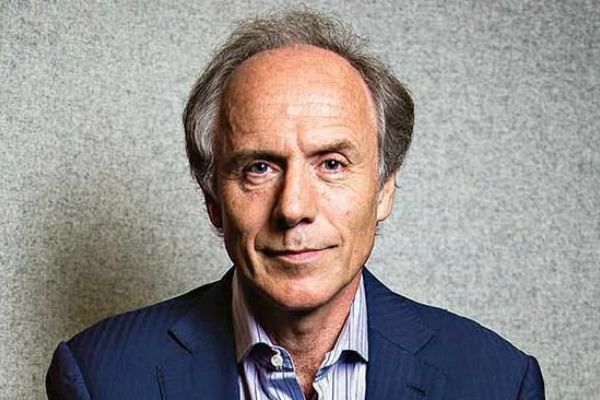
ENVIRONMENT
- Greg Foyster
- 22 June 2017
6 Comments
If politics is theatre, climate politics is a family drama. For the last decade we've watched two rival households having the same endless argument. Political journos call it the 'climate wars' and mostly focus on the lead actors standing in the spotlight - in the Western narrative tradition, characters drive events. Almost no one has noticed the scenery change. Stagehands dismantled the backdrop years ago, but politicians have carried on as if the same circumstances existed when they started this charade.
READ MORE 
-

INTERNATIONAL
The unprecedented attacks by Daesh in Iran in which at least 12 people were killed and 39 injured come at an incredibly sensitive time for all countries in the Middle East. What is often obscured by commentators is that much of the present violence in the Middle East is political, not religious, even though religious labels are used as a shorthand for the competing blocs (in much the same way as 'Catholic' and 'Protestant' were used during the Troubles in Northern Ireland).
READ MORE 
-

INTERNATIONAL
Did he denounce Islam as 'evil' like the American evangelist Franklin Graham? Did he publicly denounce God as 'stupid' like Stephen Fry? On the contrary. Ahok is deeply respectful of Islam and has many Muslim supporters. The affair has done a serious disservice to Indonesia, presenting it as fanatical, racist and sectarian. While these perceptions are unfair, the affair also reveals some aspects of contemporary Indonesia that are obscured by Canberra's often lavish praise of our important neighbour.
READ MORE 
-

INTERNATIONAL
- Brian Matthews
- 04 May 2017
4 Comments
For all his demonstrable popularity, Reagan was a divisive figure. His Hollywood and TV show provenance were regarded with enduring suspicion by some, and many doubted his capacity to deal with the dangerous complexities of Cold War politics. Some even considered him a rogue. He was well into enjoying his overwhelmingly approved second term when, unnoticed by the President, his administration or anyone outside the city of Eugene, Oregon, I arrived in the United States.
READ MORE 
-

ENVIRONMENT
- Fiona McAlpine
- 17 March 2017
6 Comments
One year ago, a remarkable win for indigenous rights took place in a little-reported corner of Asia. On the island of Borneo, rainforest communities won a long fight against a hydroelectric dam that was to be built on their land. After more than two years of muddy resistance, the dam plans were shelved, and land rights were restored to the indigenous population. This was a landmark win, in more ways than one.
READ MORE 
-
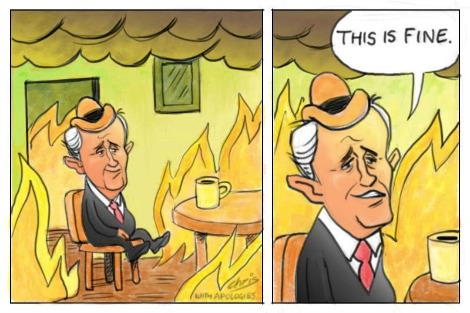
AUSTRALIA
- Tim Robertson
- 17 February 2017
11 Comments
This is not the beginning of the normalisation of Hanson and One Nation: it's the end. In a piece for The Monthly, Dominic Kelly highlighted how large swaths of the rightwing commentariat have embraced the 'more mature', 'disciplined' and 'principled' Hanson 2.0. Despite this rhetoric, for the Right, appeasing One Nation has always been a balancing act. They're guided by one question: How much racism is permissible before it has to be condemned?
READ MORE 
-
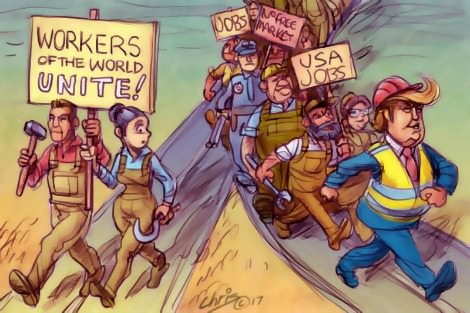
INTERNATIONAL
- Colin Long
- 10 February 2017
15 Comments
Much commentary on Trump's victory has veered between two explanations: either there is large proportion of the electorate with 'deplorable' attitudes to women and minorities; or economic dislocation has produced an angry white working class eager to punish political elites. These explanations are not mutually exclusive. The willingness to ignore or welcome Trump's misogyny is a symptom of the undermining of a deep sense of masculinity that, for some men, is their primary identity.
READ MORE 
-

AUSTRALIA
- Andrew Hamilton
- 16 December 2016
11 Comments
TS Eliot's 'Journey of the Magi' ends with the ambiguous line, 'I would be glad of another death'. If we set alongside one another the birth of a new and sour political order and the birth that is central to the first Christmas story, we are challenged to resolve the ambiguity. We may give up our hopes for a just and peaceful world, retire from it as gracefully as we can, and accept the victory of power and brutality. Or we can return to the Christmas story and to the hope that is central to it.
READ MORE 
-
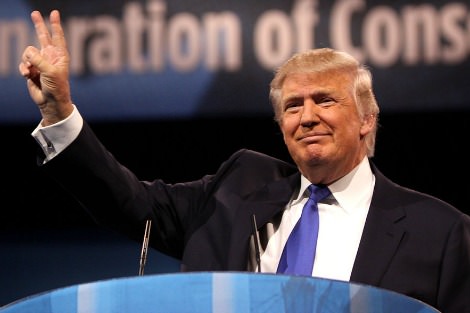
INTERNATIONAL
- Jeff Sparrow
- 16 December 2016
12 Comments
Assad's victory epitomises, in a sense, the reactionary tide prevailing just about everywhere in this, the Year of the Donald. The hopes raised during the Arab Spring have, it seems, been crushed, with the Syrian regime consolidating its grip over a nation it has oppressed for so long. Yet Aleppo also illustrates how little the Right's victories have actually settled. The Right's biggest asset is often the Left, with progressives seemingly determined to validate all the smears levelled against them.
READ MORE 
-
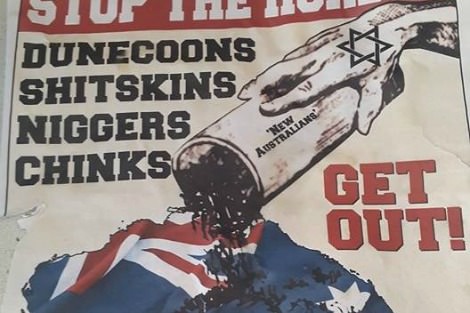
INTERNATIONAL
- Fatima Measham
- 08 December 2016
12 Comments
It is hard to overstate the sort of things that become permissible when the dominant political culture appeals to our darker nature. Take the cascade of brutality in the Philippines, or the stream of hateful incidents in the US. In Australia, white supremacist groups staged 'victory rallies' after the US election, and posters appeared last weekend at Melbourne University telling 'dunecoons, shitskins, niggers, chinks' to get out. This permissiveness isn't just about Trump, though he is a catalyst.
READ MORE 
-
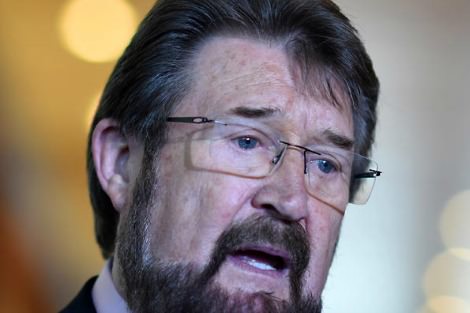
AUSTRALIA
- John Warhurst
- 05 December 2016
4 Comments
To say the Senate cross bench is a mixed bag is an understatement. All that is really lacking is an extreme left senator unrestrained by Labor/Green discipline. Amid all the controversy I've grown comfortable with their place in the Senate and appreciative of their collective presence in an otherwise party dominated chamber. They each have their flaws, but they make a generally positive contribution to public discussion and to ultimate legislative outcomes. We are better off for their presence.
READ MORE 